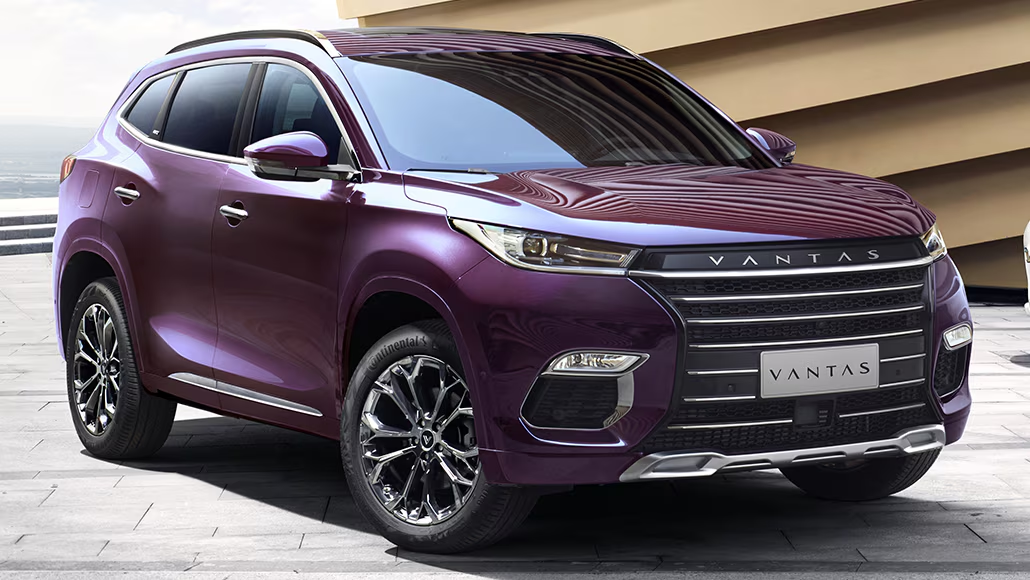New Rule Set to Shake Up the US Auto Industry with Ban on Chinese Vehicles

The Biden administration has made a decisive move to protect national security and privacy by finalizing a rule that bans the sale and import of connected vehicle software from certain countries, prominently including China.
This bold step is seen as a measure to prevent foreign adversaries from gaining access to sensitive data collected by modern vehicles equipped with advanced tech like GPS, cameras, microphones, and internet-connected devices.
US Secretary of Commerce Gina Raimondo highlighted the potential risks involved, stating,
‘Cars today have cameras, microphones, GPS tracking, and other technologies connected to the internet.
It doesn’t take much imagination to understand how a foreign adversary with access to this information could pose a serious risk to both our national security and the privacy of U.S. citizens.’
The prohibition extends to both the software and hardware components of vehicles, with software restrictions kicking in for model year 2027 and hardware restrictions following in 2030.
According to Reuters, the rules also exempt vehicles weighing over 10,000 pounds, which means companies like BYD can continue to assemble electric buses in California.
This decision impacts a range of players in the auto sector, from giants like Ford and GM to smaller companies like Polestar and tech firms such as Waymo.
Particularly, Polestar could see significant disruptions as this rule would bar the sale of its vehicles in the US, even those manufactured locally in South Carolina.
Waymo, too, faces challenges as it plans to use vehicles from Geely’s Zeekr for its next-gen robotaxis, which could now be subject to the ban.
The auto industry has expressed concerns about the timing and impact of these changes, noting the complexity of the global supply chain and potential disruptions to parts and production.
The Alliance for Automotive Innovation has even sought a delay in the rule’s implementation, hoping it might fall to the next administration for enforcement.
This new rule represents a major escalation in trade restrictions on Chinese-made vehicles, reflecting growing tensions and the strategic importance of the automotive sector in global commerce and national security.
As the automotive world reacts, companies are scrambling to reassess their strategies and ensure compliance with the rapidly changing regulatory landscape.
